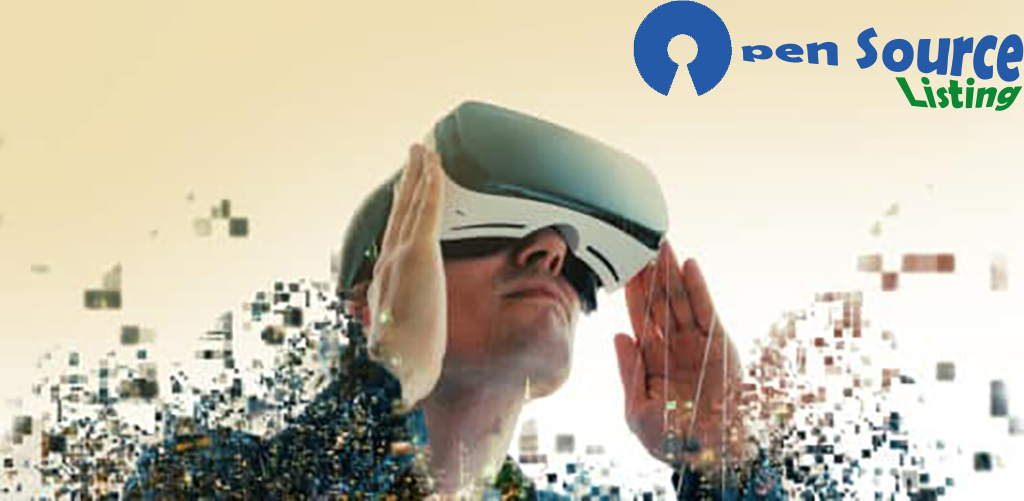The Importance of Open Source in the Metaverse
The Metaverse is no longer just a concept of fiction. This virtual world is set to take over our lives, making people all over the globe connect with each other in ways never experienced before. However, how relevant or important is the role of open source in this new virtual world?

The Four Pillars of the Metaverse
The Metaverse has four pillars, namely, virtual spaces, virtual assets, virtual interactions, and digital payments. In this new virtual world, co-workers or students can gather for a chat over coffee irrespective of what part of the globe they belong to. Musicians or artists can also interact with fans from around the world in a large digital venue, which would be impossible in the physical world. Today, conferences can reach new audiences unlike before. All this can be achieved due to 5G, augmented reality (AR), virtual reality (VR), and edge computing.
Open Source and the Metaverse
“Open source will play a huge role in the Metaverse and will help it evolve faster,” says Dr Lokesh Boregowda, director, Samsung R&D Institute India. Open source is the ground zero for the development of technologies like the Metaverse. All the biggest projects in the last five to ten years that have been able to garner the most attraction are the ones that are open sourced — artificial intelligence, blockchain, and containerisation, to name a few.
A Need for Standards
It becomes very interesting for us to witness this seamlessly connected virtual world as part of the Metaverse. It opens the door to a wide number of possibilities and we have yet to see how far we can truly go with it. It is important to adopt at scale; otherwise, it all falls flat. We have seen some of the standards that ensure interoperability, such as Razer’s open source virtual reality (OSVR). We have seen that it encourages experimentation with the development of headsets as well. But if you look at the flip side, on the device layer you will see the OpenXR standard being badly adopted by manufacturers,” says Vinay Rajagopal, ISV technology lead architect for partner ecosystem at Red Hat.
The Role of Blockchain
Encouraging the development of a decentralized, distributed and interoperable virtual world built on the foundation of open standards also creates multiple opportunities. We have already started seeing a proliferation of 3D environments that have been created by the users themselves. This is where the blockchain has become imperative for the details surrounding a transaction and the digital assets or the avatars. It has become important for us to put these assets on multiple ledgers, while making sure that you understand who has built, sold or purchased a particular digital asset. This is important from a legal aspect too,” he adds.
The Right Hardware
Hardware is also a fundamental aspect of building software, as without proper hardware in place software cannot be developed. “Today, things have evolved tremendously. We are seeing multi-core architecture and multi-core programming even in a simple smartwatch today. It requires a great amount of skill to do it all. Open source is no free lunch as somebody is indeed paying for it. When we use the term open source, we mean that we are enabling a shared software development model where we want to collaborate with similar entities that want to invest in the development of software,” notes Syed Mohammed Khasim, senior manager, software development – Sitara ARM MPU, Texas Instruments.
Data privacy
Data privacy is becoming a bigger concern in the Metaverse, a virtual world where people can interact through their digital avatars. This is because it’s unclear whether virtual property in the Metaverse will have any legal similarity to physical property in the real world. Additionally, trademark issues could arise if a company has a trademark in the physical world but not in the virtual world. Companies will need to revisit their agreements and trademark filings to ensure they are protected in the Metaverse. Although there are many legalities to be considered, the possibilities in the Metaverse are endless and exciting. However, we must ensure that data privacy and security concerns are addressed to make it a safe and enjoyable experience for everyone.











